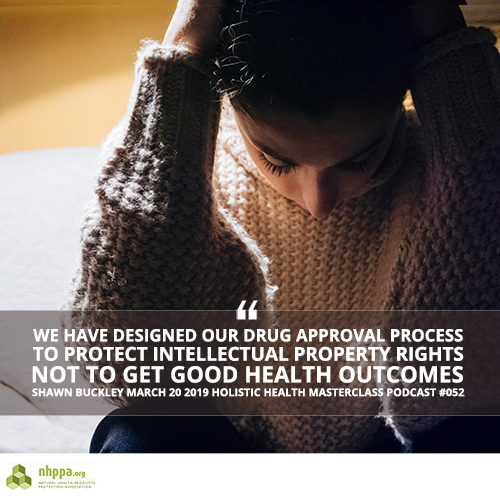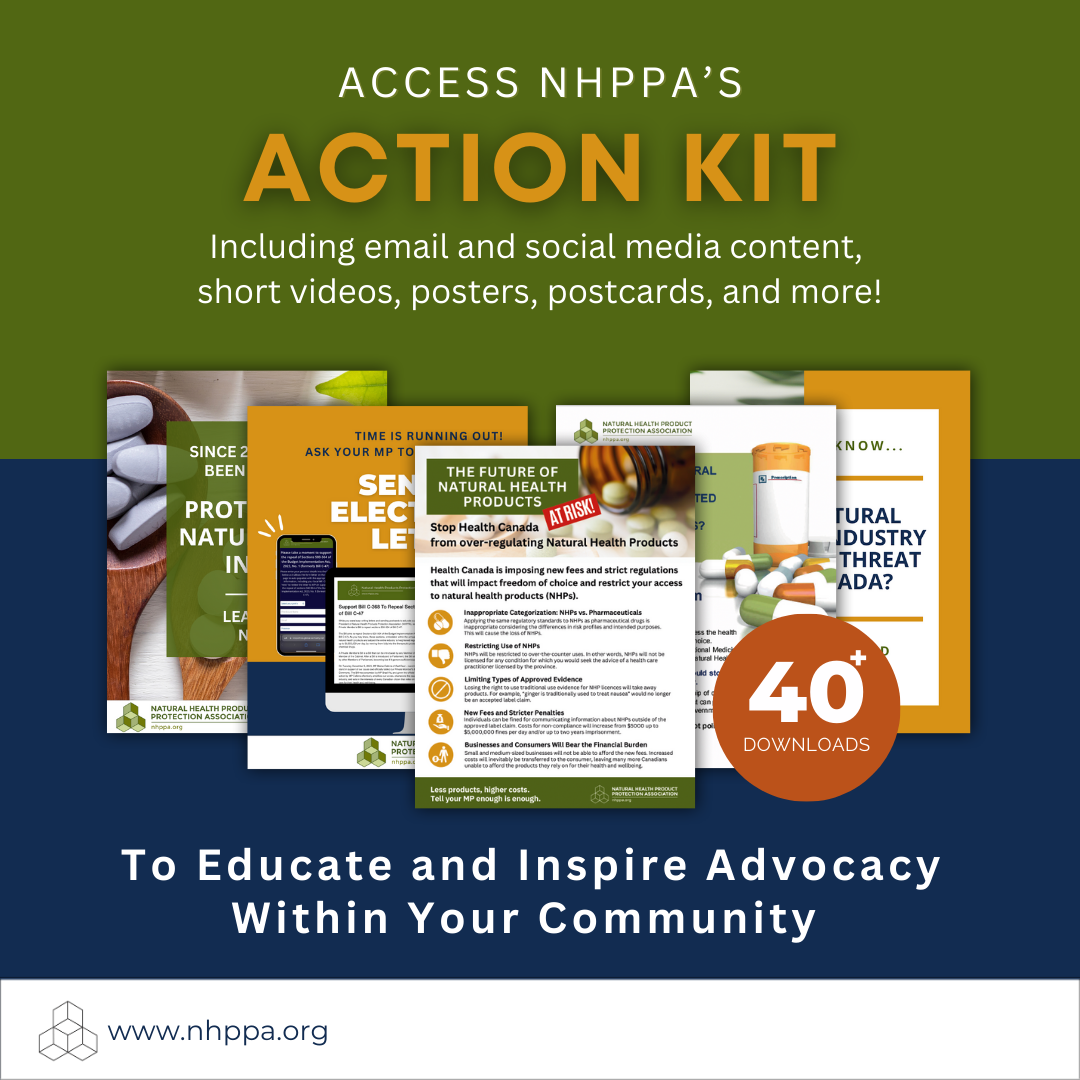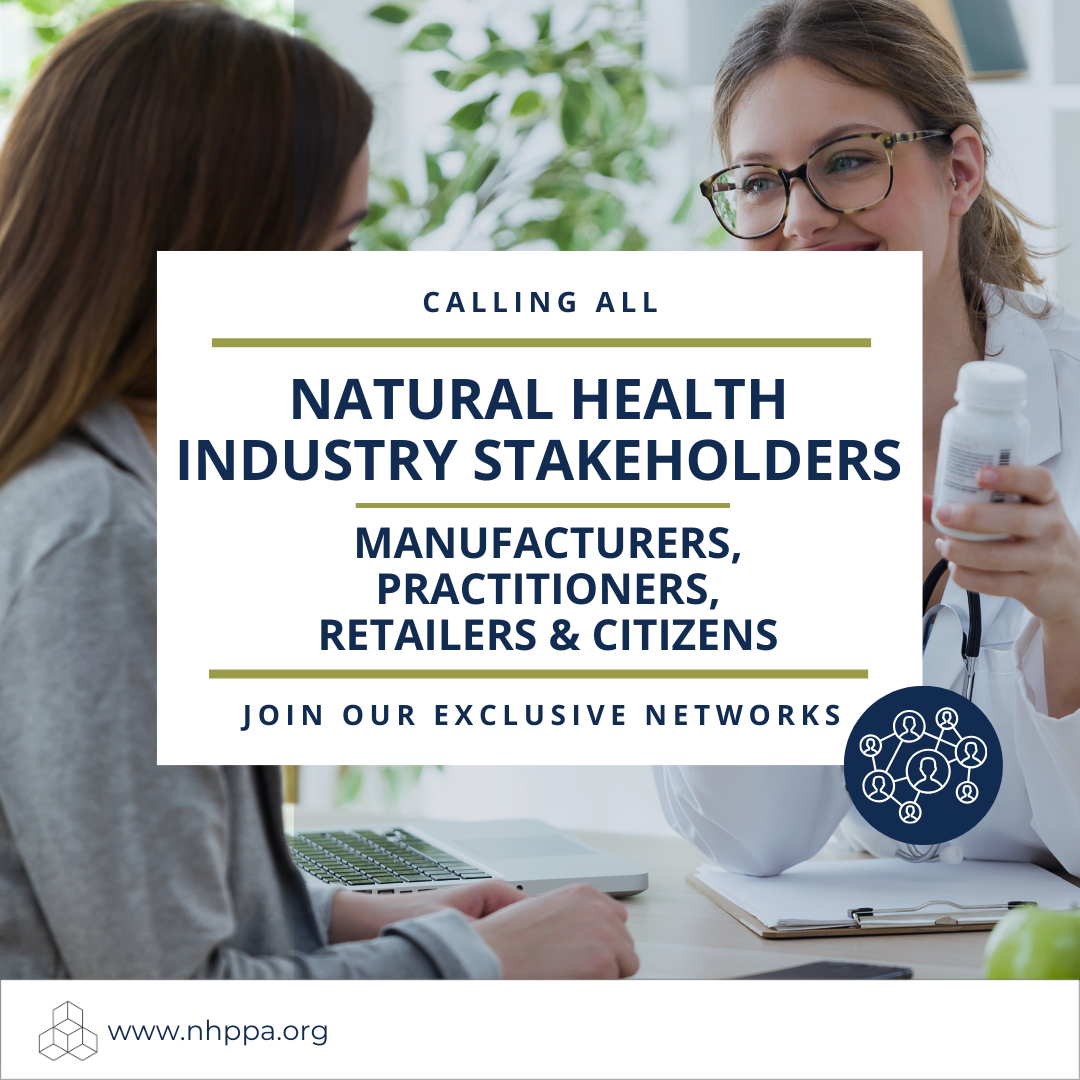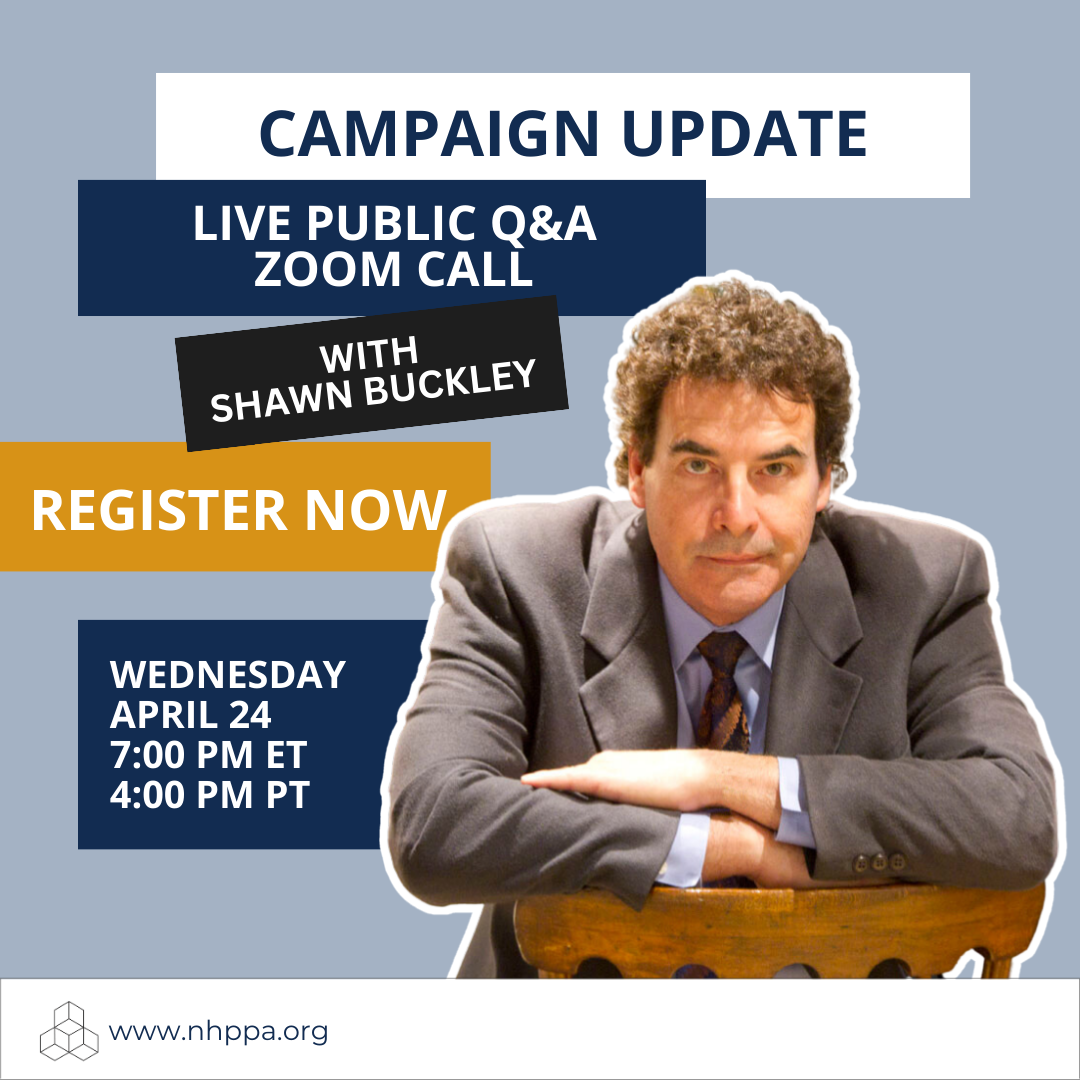
There are at least three more quotes we want to share from Brett Hawes’ podcast interview with Shawn Buckley. They are just too good to miss. The subject of intellectual property rights is one that flows through all areas of government policy development. In the case of chemical drugs, the intellectual property rights a pharmaceutical company owns over their drug product are prioritized over healing potential. Intellectual property laws protect drug companies from others copying their patented formula. This allows them to recoup research costs. The patent period creates a monopoly for each individual new drug. That then secures profitability by eliminating competition and justifying astronomical prices to consumers in the name of scientific innovation.
Natural health products (NHPs) do not have the benefit of intellectual property rights since naturally-occurring components are not proprietary. Formulas are very easily reproduced by competitors. An NHP manufacturer cannot put a patent on garlic, for example, no matter how powerful its healing effects may be. NHPs, therefore, cannot secure the kind of revenue seen by pharmaceutical companies—even if the health outcomes are better.
Write to one (or all) of the Health Canada bureaucrats. Tell them a solution to protect against constant government encroachment into personal health choices is needed. Public health outcomes must be prioritized over drug companies’ profits.
THE END OF NATURAL HEALTH PRODUCTS? HOLISTIC HEALTH MASTERCLASS EPISODE #052




